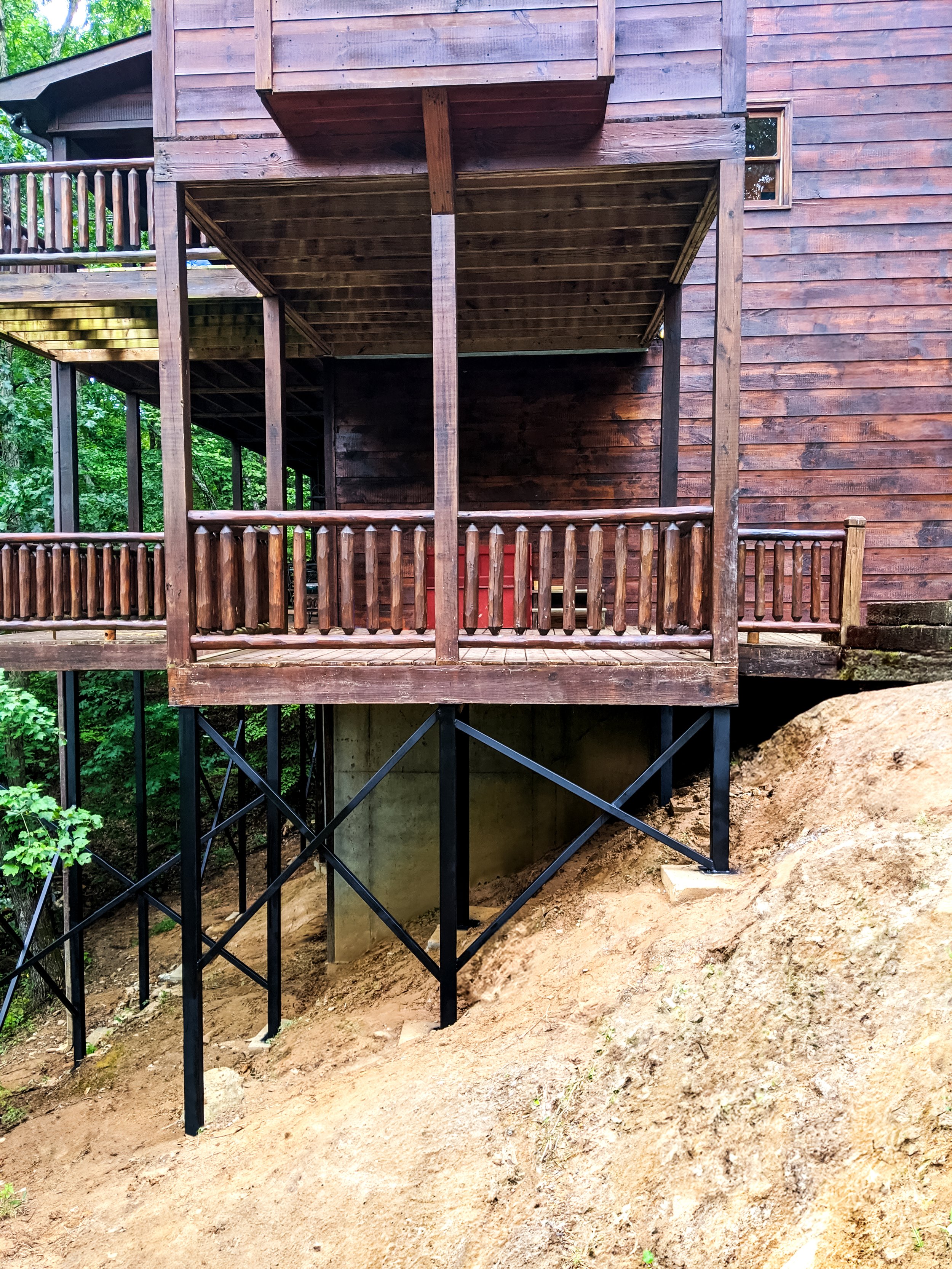
Does Insurance Cover Deck Repair In Atlanta?
Decks are not just an outdoor extension of your home; they are spaces for relaxation, entertainment, heidecontracting.com and family gatherings. However, wear and tear over time can lead to significant structural issues. If you find yourself asking, "Can you afford to fix your deck?" you're not alone. This comprehensive guide will explore everything from repair costs to insurance options, ensuring you have a solid grasp on the financial implications of maintaining your deck.
Understanding Structural Deck Repair
What Is Structural Deck Repair?
Structural deck repair refers to the process of fixing or reinforcing the components that hold up your deck. This includes joists, beams, and posts which are critical for safety and functionality. Over time, factors like weather exposure, insect infestation, or poor maintenance can compromise these elements.
Signs Your Deck Needs Repair
- Visible Damage: Look for cracks or splinters in the wood.
- Sagging Areas: If sections of your deck sag or feel unstable.
- Loose Railings: Railing that wobbles may indicate underlying problems.
- Mold or Mildew Growth: A sign of moisture retention which can lead to decay.
Why Is It Important?
Ignoring these issues can lead to more extensive damage and higher repair costs down the line. Furthermore, a structurally compromised deck poses safety hazards for you and your guests.
Evaluating Your Deck Condition
Conducting a Visual Inspection
Start with a thorough visual inspection. Check for signs of rot, rust, or any physical deformities. Use a flashlight for better visibility in shaded areas.

Engaging a Professional Inspector
If you're unsure about what to look for, hiring a professional inspector can save you money in the long run by identifying hidden issues early on.
Deck Repair Costs Explained
Average Cost Breakdown
The cost of repairing a deck can vary widely based on several factors:
| Item | Estimated Cost | |------------------------|--------------------| | Minor repairs | $100 - $500 | | Structural repairs | $500 - $2,500 | | Replacement boards | $1 - $3 per linear foot | | Railings | $50 - $150 per section |
Factors Influencing Costs
Material Type
Different materials come with varying price points. For instance:
- Wood: Generally cheaper but may require more upkeep.
- Composite: Higher initial cost but lower maintenance.
Labor Costs
Hiring professionals incurs labor charges that typically range from $50-$100 per hour.
Location
The cost of living in your area can significantly affect repair prices.
Insurance Options for Deck Repairs
Understanding Homeowner's Insurance Coverage
Most homeowner's insurance policies cover damages caused by specific events such as storms or fire. However, it is crucial to read the fine print regarding coverage exclusions.
When Does Insurance Cover Deck Repairs?
Typically covered scenarios include:
- Natural disasters
- Acts of vandalism
- Accidental damage
What’s Not Covered?
Regular wear and tear or neglect usually won’t be covered under standard policies.

Navigating Insurance Claims
Steps to File an Insurance Claim
DIY vs Professional Repairs
Benefits of DIY Repairs
Embarking on DIY repairs can save money but requires skill and tools. Here are some pros:
- Cost-effective
- Sense of accomplishment
- Flexibility in scheduling
Risks Involved with DIY Repairs
However, there are risks associated:
- Potential for improper repairs leading to further damage.
- Safety hazards if not executed correctly.
Financial Assistance Options
Home Improvement Loans
Consider financing options such as personal loans or home equity lines of credit (HELOC) specifically designed for home improvements.
Grants and Subsidies
Explore local government programs designed to assist homeowners with essential repairs.

Long-Term Solutions for Deck Maintenance
Regular Inspections
Schedule routine inspections every few years to catch small issues before they escalate into costly repairs.
Proper Maintenance Practices
Applying sealant annually can help prolong the life of wooden decks while regular cleaning prevents mold growth.
Common Mistakes During Deck Repairs
FAQs About Deck Repairs and Costs
- Replacing a deck typically ranges between $15-$30 per square foot depending on materials used.
- Most policies cover storm-related damage unless specified otherwise in exclusions.
- Yes! However, ensure you have the skills necessary; otherwise hire a professional.
- At least once a year is recommended; more frequently if it’s exposed harshly to weather conditions.
- Yes! Composite materials require less frequent maintenance than traditional wood decks.
- Ignoring repairs can lead to further structural damage and safety hazards for users.
Conclusion: Making Informed Decisions About Your Deck Repair Needs
When considering whether you can afford to fix your deck, it’s essential first to assess its condition thoroughly—both visually and structurally—before diving into potential costs associated with repairs or replacements. Understanding how insurance fits into this equation adds another layer of complexity but ensures you navigate these waters wisely.
In summary, keeping your deck in good shape requires investment—whether it's time spent maintaining it yourself or funds allocated towards professional help when needed—and understanding all options available will empower you as a homeowner seeking both safety and enjoyment from this valuable outdoor space.